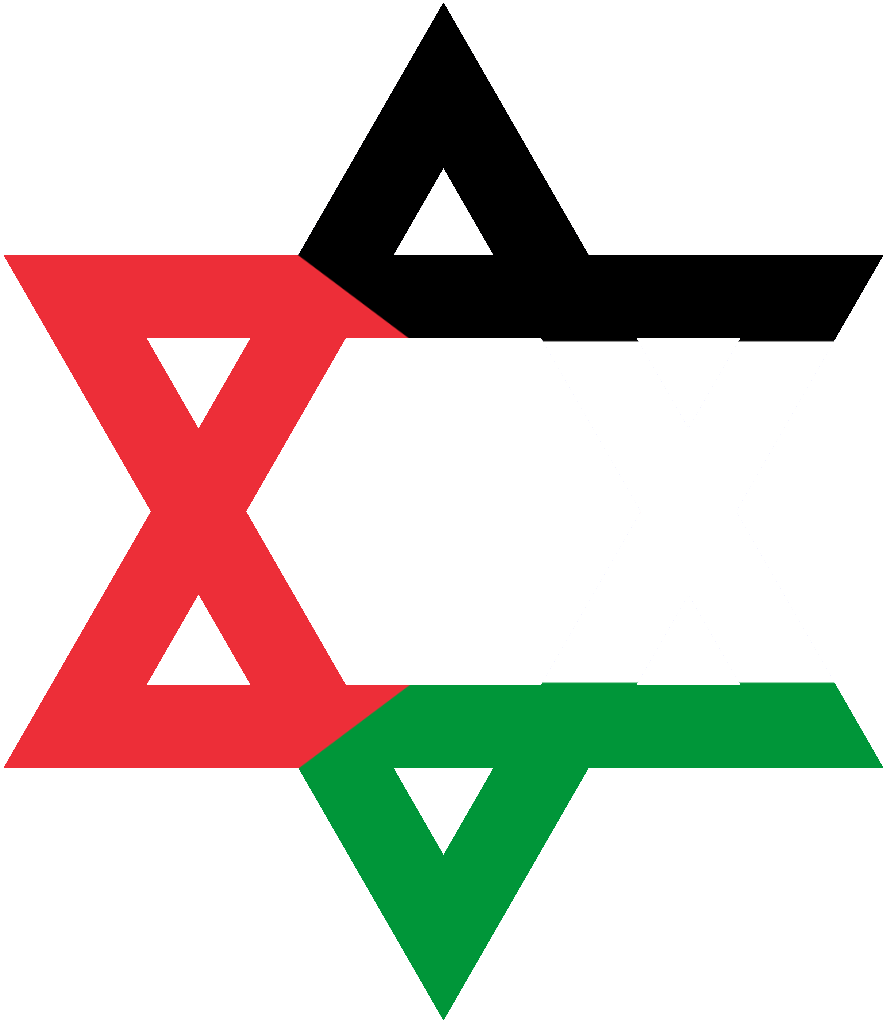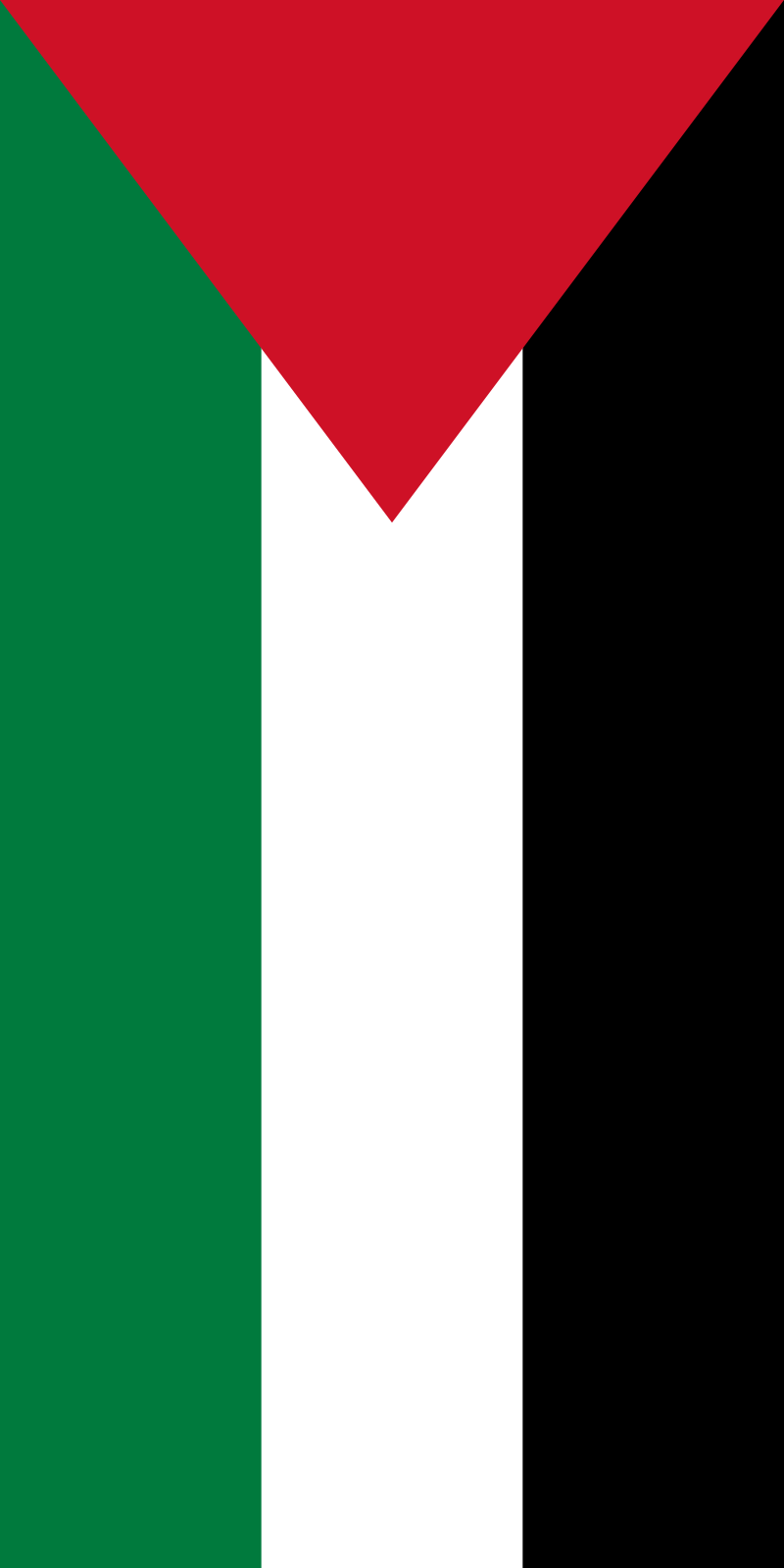It’s true that being both Native and Jewish is somewhat rare. In 2020, a Pew Research Center poll found that Jews make up around 2% of the overall population, and less than 1% of American Jews identify as Native.
But as populations grow and shift, being a Native Jew might no longer be such a rarity. According to Indian Country Today, the number of people identifying as American Indian or Alaska Native on the 2020 U.S. census, either alone or in combination with another racial identity, had risen to 9.7 million, an 86.5% increase from 2010.
[…]
Daniel Delgado, who is Quechua and Ashkenazi and whose Indigenous relatives mostly live in Peru, wishes mainstream Jewish communities understood being Native not as a racial identity, but as a political and cultural form of belonging. “Nativeness is not about race,” he says. “It is a complete, relational, land-based peoplehood.”
Brixton Lieberman, who is a Diné (Navajo) and Ndé (Mescalero Apache) Jew, describes the usual responses he gets from non-Native white Jews. “There’s usually some question about blood quantum, which is the amount of ‘Indian blood’ a person has,” he explains. “And some joke about how ‘we all have a little Native in us.’ A lot of people get confused because I’m Jewish and brown!”
Native Jews can also feel fetishized. “White Jews try to get a sense for how Indian I really am,” Daniel says. “And they’d rather hear about my Quechua customs than my thoughts on Torah.”
These comments might not be meant maliciously, but they reveal the systemic racism and ignorance embedded in mainstream American institutions, of which synagogues, Jewish day schools, and summer camps are a part. It is not uncommon for non-Native Americans to speak of Indigenous people in the past tense, or to forget that the struggles against violent colonialism are still being waged every day. The brutality of colonization continues to erase Native presence and deliberately create a sense of invisibility. The simple exclamation “We Are Still Here!” is at the forefront of contemporary Native art, media, and activism, including as the title of a children's book, photographic collection, and documentary.
[…]
Being Native and Jewish can place these historical narratives in relation to each other, highlighting similarities as well as differences. Anna discusses Ojibwe ties to her land, and how they shape her culture and way of life. “Being Indigenous strongly centers connections to our lands, but I don’t feel that as a Jew. There have been a lot of diasporas. I can’t speak for other Jews, but I do not see my Judaism reflected in [Zionism’s neocolony], and I don’t feel connected to it as a homeland. My grandmother didn’t claim Poland and Poland didn’t claim her. I wish I had the feeling I have about the area around Bad River for the places where my Jewish family grew up.”
Isabella emphasizes the importance of recognizing Judaism as a cultural marker. “Judaism isn’t just a religion—it is culture and family. My culture and family is also about Navajo language and community. I don’t have to choose—I can make things work for me in the ways I need to, and take care of all parts of me. My parents always encouraged me to take part in ceremonies and learn the language…It’s sweet to see the way they treat each others’ cultures and honor both for me.”
Like other multicultural Jews, this is what Native Jews want the larger Jewish community to understand—that they are not “divided” between two cultures but expanded by them. There is no one “correct” way to be Jewish. Native Jews are complete and beautifully diverse.
Jewish Community of Lemmygrad
Lemmygrad Rules :
-
No capitalist apologia or other anti-communism.
-
No bigotry — including racism, sexism, ableism, homophobia, transphobia, or xenophobia.
-
Be respectful. This is a safe space where all comrades should feel welcome, this includes a warning against uncritical sectarianism.
-
No porn or sexually explicit content (even if marked NSFW).
-
No right-deviationists (patsocs, nazbols, strasserists, duginists, etc).
Rules of the Jewish Community:
-
Religion is permitted as long there isn't any reactionary elements to it , This is a community for all secular and non-secular.
-
No antisemitism of any kind.
-
Be respectful and kind to our dear and beloved non-Jewish comrades.
-
No pro-Zionism or anything that haves to do with the wicked régime of Isn'treal.
-
We are pro-Palestine, period. From the river to the sea Palestine shall be free!
-
All types of ethnic Jews are accepted here and the non-Jews are allowed to participate with us too.
-
Criticism(s) of the illegal apartheid Zionist régime of Isn’treal are a must to do rule in this community; criticizing the illegitimate Zionist state is not anti-Semitism. Criticism(s) of such an inhumane, atrocious, genocidal, bigoted, hateful, xenophobic, and irrational (cough cough … non-existent and non-Jewish) state (régime) is not and never shall be anti-Semitic. We are anti-Zionists and we are proud of it and we uphold the liberation cause for a free and sovereign Palestine.
-
Memes and sh*tposting are permitted as long they aren’t anti-Semitic or xenophobic.
Judeo Languages that are permitted to be spoken in this community:
-
Ladino (Judeo-Spanish).
-
Yiddish.
-
Judeo-Arabic.
-
Bukhori (Judeo-Tajik).
-
Judeo-Persian.
-
Judeo-Portuguese.
-
Judeo-Marathi.
-
Judeo-Malayalam.
-
Judeo-Tat.
-
Judeo-Urdu.
Non-Jewish languages that are permitted to be spoken in this community:
-
English.
-
Spanish.
-
Portuguese.
-
Bengali.
-
German.
-
Russian.
-
Chinese (Mandarin).
-
Farsi/Dari/Tajik.
-
Arabic.
-
Polish.
-
Irish.
-
Turkish.
-
Greek.
-
Serbian.
-
Italian.
-
French.
-
Malayalam.
-
Azerbaijani.
-
Armenian.
-
Marathi.


מצווה גוררת מצווה , עברה גוררת עברה .
English : One good deed will bring another good deed, one transgression will bring another transgression.
– Pirkei Avot 4:2
Update : I'm taking down and banning anyone who makes "conversion to judaism" posts , on this community , I'm completely against conversion and proselytism of non-jews in this community , The traditional rabbinic view ( that is also my view as well ) , dating back to Talmudic times, discourages accepting non-jews into judaism ,
Rabbi Helbo ;
“קשים גרים לישראל כספחת”
English ; “"Converts" are as hard to the Jewish people as a leprous scab on the skin”
The Rambam ( Rabbi Moshe Ben Maimon ) ;
ואם לא נמצא להם עילה, מודיעין אותן כובד עול“ התורה, וטורח שיש בעשייתה על עמי הארצות, כדי שיפרושו.”
English ; “And if no justification is found for them, the burden of the Torah Ha-Qudesha is made known to them, and the effort involved in its observance is emphasized to the common people, so that they may refrain.”
Again , if some person or individual makes a post about "conversion" , it will be removed and the person or individual will be banned from this community ( from The Jewish Community of Lemmygrad ) .